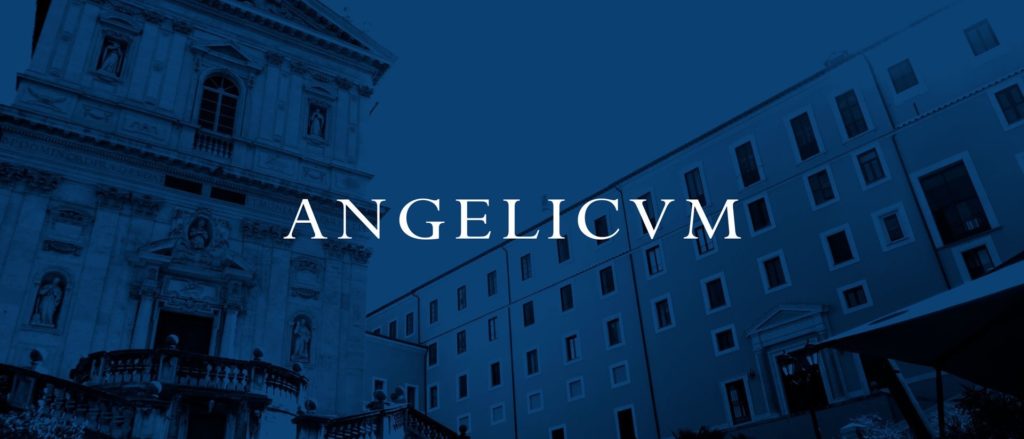
Communiqué from the conference Invisible migrant workers and visible human rights
Communiqué from the conference Invisible migrant workers and visible human rights as part of the CRISIS 2020/21 project: Social solidarity in Europe. Labour migrants from Eastern Europe for Western Europe at the Pontifical University of St. Thomas Aquinas Angelicum in Rome with Institute Marie Dominique Chenu from Berlin to Church authorities, Communities and Institutions, Responsible persons in European institutions and Trade unions and employers
We, who are speakers, participants and supporters of the above conference as a part of our theme CRISIS and community we are also using our international conference with 22 speakers for the search a new solidarity in Europe by recognizing the plight of “Invisible” Migrant Workers. Migrant workers are part of the everyday economic life of Europe. Today we find Ukrainian agricultural workers in Spain, Romanian workers in German meat factories, and Slovakian, Czech and Hungarian geriatric nurses assisting Austrian families – to name a few. Usually these workers are “invisible.” Many of them are exploited both socially and economically. During their time of employment, they live in poverty level accommodations. Employee rights, such as hours or work breaks, have been ignored. During this time of COVID crisis these invisible migrant workers have become visible. The lines of exploitation often run between Western and Eastern Europe; but also occur between EU and non-EU states.
We would very much like to promote the human dignity and rights of all mobile workers in the EU who provide basic services to domestic people, such as everyday food on their table, or help their grandparents, etc. We see a lot of legislative and social efforts, from the European Parliament to the individual EU presidencies in this time of pandemic, and we are very grateful for that. Nevertheless, we also observe recurring stereotypes of the treatment of members of other nations in different countries of our common Europe. We deeply appreciate the common European project as a unique place for the peaceful coexistence and progress of nations as well as individuals, and we would like to be reassured of its meaningful future.
However, this includes real getting to know individuals, cultures and nations, so that we can call this transnational organization a common house. Whoever works for my common good and has even become visible in these difficult times, must enjoy at least the basic respect and gratitude also presented by the official social channels of the domestic society, if he does not become my friends who help me live better.
We hope that the addressed institutions will help us to work on this common task and thus pave the way for a strong common transnational Europe.
